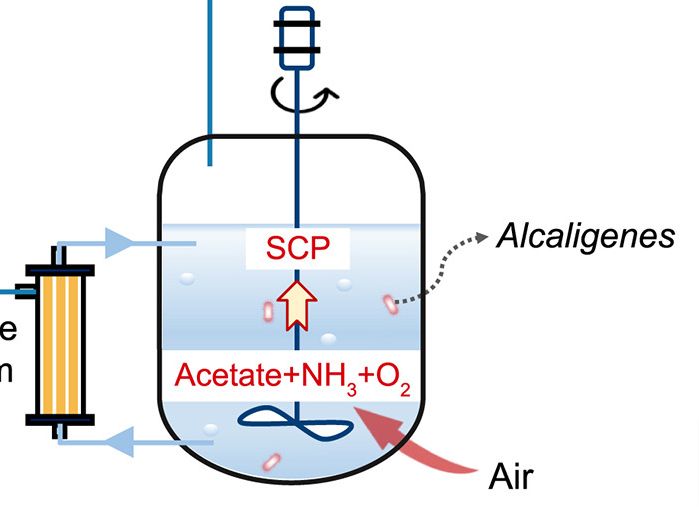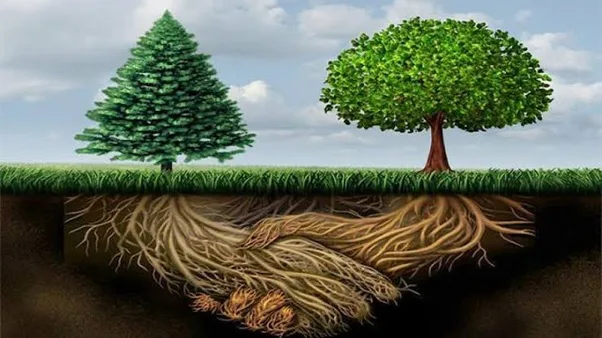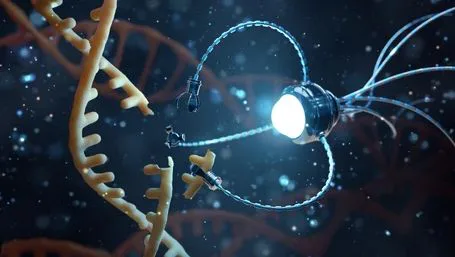All know the theory that first life originated in water, it is believed that the increase in oxygen levels in water has supported the evolution of complex life forms. Recently this theory has been challenged and the new theory as proposed by the researchers from the University of Exeter, in England says that, the early forms of animals are the one, responsible for enriching the oceans with oxygen.
The breakthrough research supporting the fact that, the evolution of the early animals, enriched the even the deepest parts of the ocean with oxygen, which eventually paved the way for the origin of more complex forms of life.
According to the study author, Tim Lenton, about over 1.5 billion years ago, even before the origin of the first animals, the surface water of oceans contained an ample amount of oxygen. But at the ocean depths, water was still devoid of oxygen. The evolution of first animals played important role in oxygenating the depths of oceans and turn which further promoted the evolution of complex and mobile animals. This theory is a complete reversal of the traditional theory of how life originated.
The research, proceeded from a study conducted in the year 2012 in Denmark, which suggested that sponges were the first life forms that evolved in ocean water and required very little amount of oxygen to survive and flourish.
The researcher and the co-author of the study from the Nordic Center for Earth Evolution, Dr. Daniel Mills explained that the first life forms originating on the earth were single form cells and could survive in minimal oxygen. The experiment conducted in the lab demonstrated that the sponges could live in conditions where oxygen level ware minimized to 0.5 percent. This important result led the researchers to conclude that the absence of oxygen did not prevent the life forms from evolving, instead something else did.
Both the studies supported the argument that around 600 million years back the first animal forms originated in the ocean. They examined the species from the Neoprototerozoic Era, to determine the oxygen levels of the ocean and the amount of oxygen required by the earlier forms of animals.
The oxygen levels of the oceans were gradually increased due to the feeding cycle of the sponges. The sponges filtered the water through their bodies, which reduced the dead organic material from depositing in the ocean. The reduced dead matter in turn helped in reducing the phosphorus level of the ocean, by cutting down the demand for oxygen and thus enriching the ocean with oxygen. This way, sponges increased the oxygen levels and ultimately, led the evolution of complex life forms including the largest one known today.
Professor and the study co-author, Simon Poulton, from the University of Leeds, said that these research only postulated a theory about how the ocean were oxygenated and subsequently how the early forms of life existed. However, to further support the theory, geochemists should further investigate the species from Neoproterozoic Era to better analyze the early levels of oxygen.
The research clearly indicate that the early forms of life, were the sources which increased the oxygen levels in ocean some 600 million years back and created the environment for more complex forms of life to evolve, including our own far distant ancestors.




